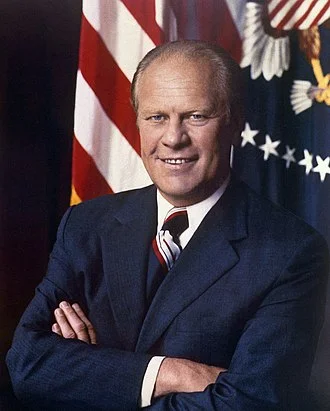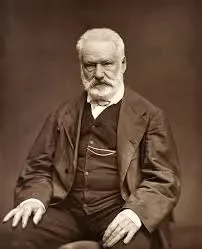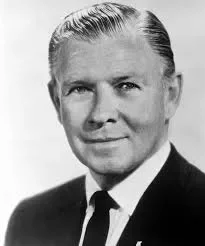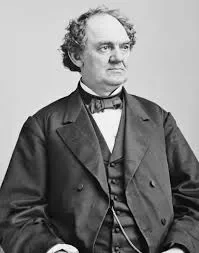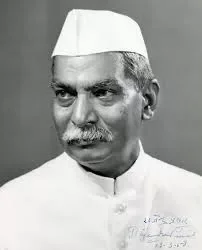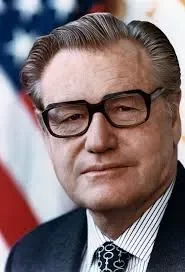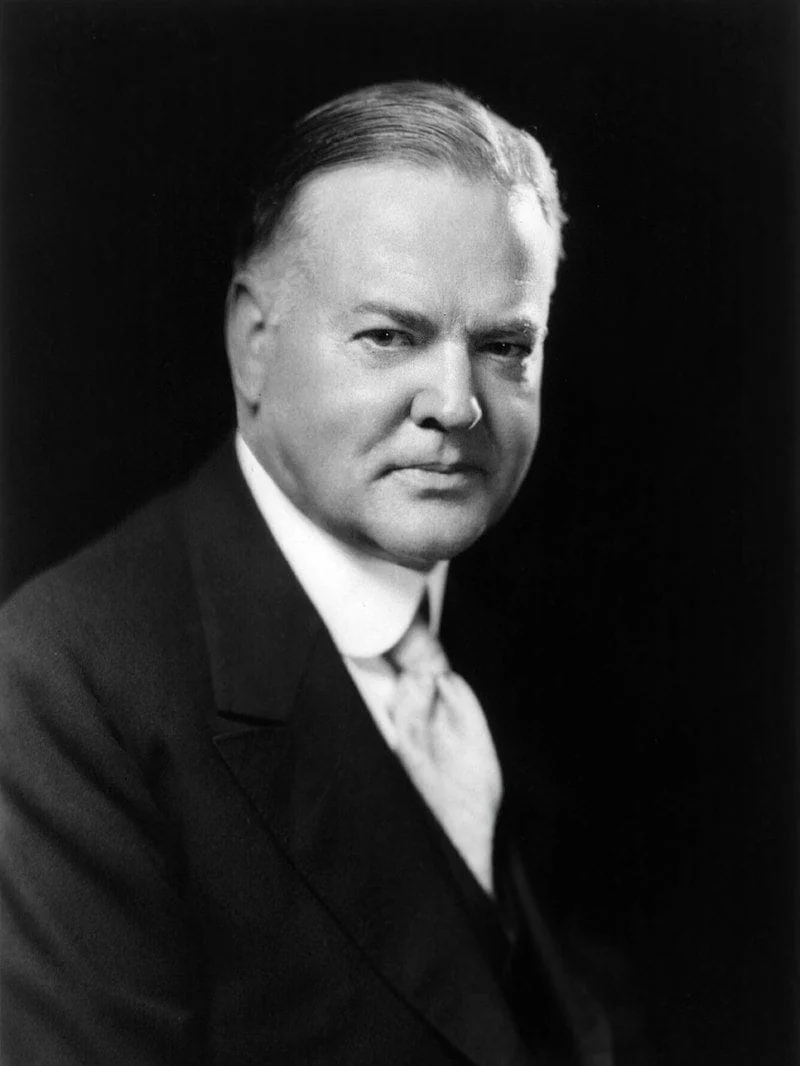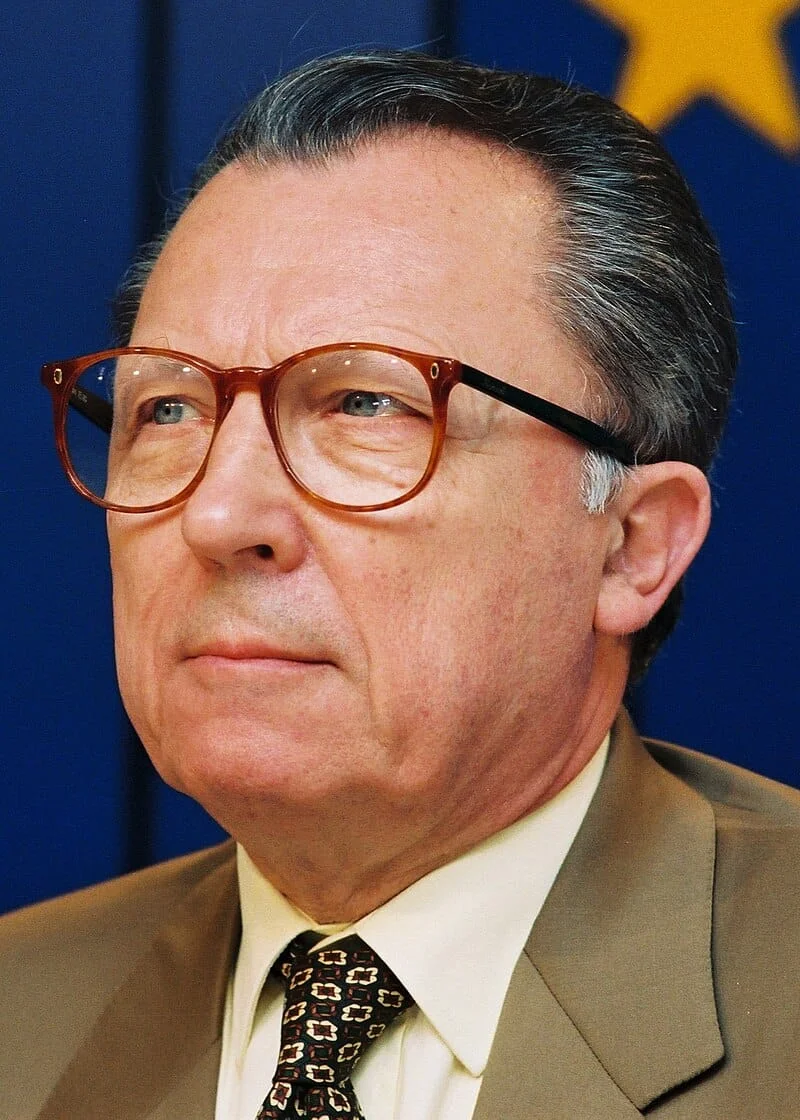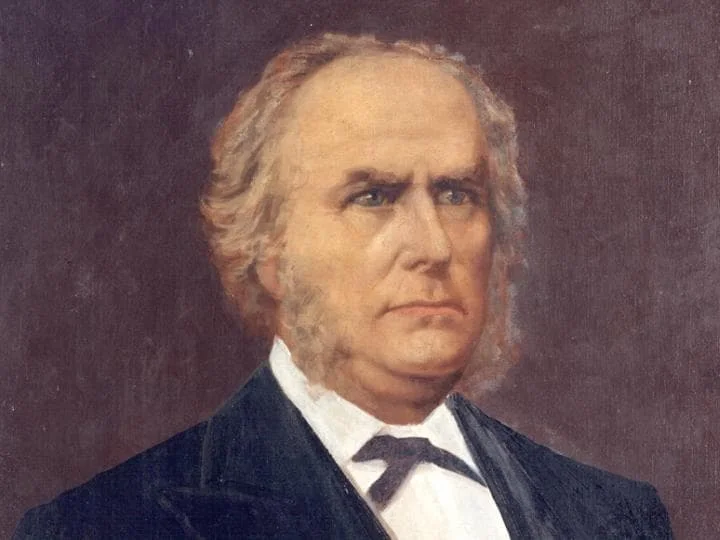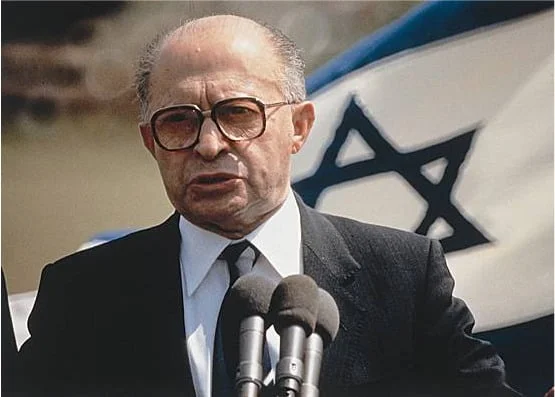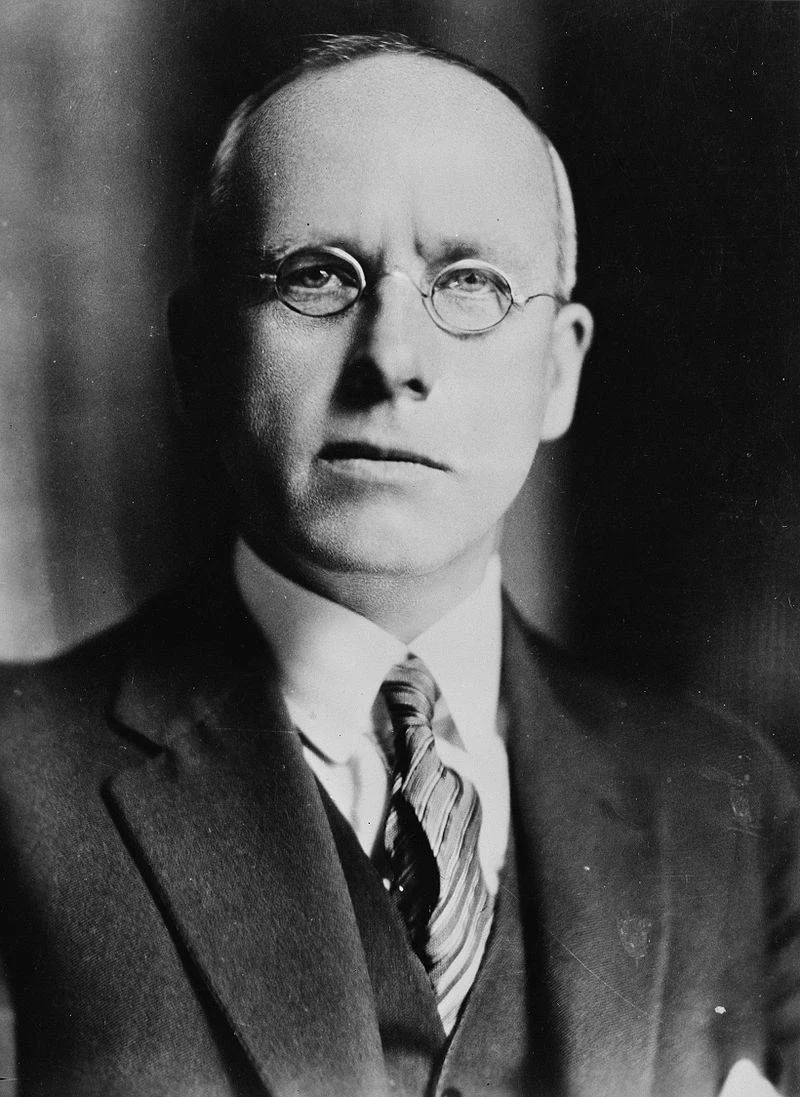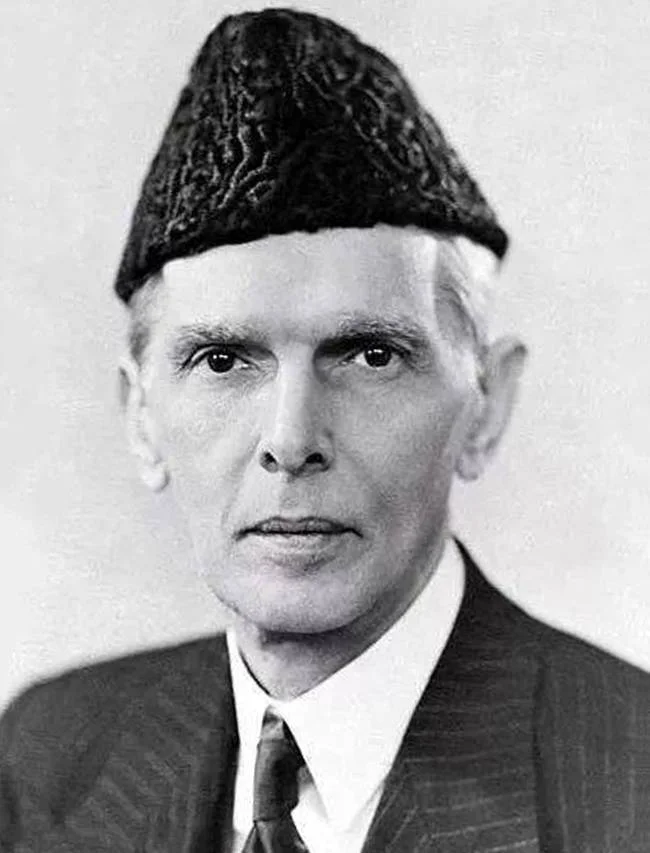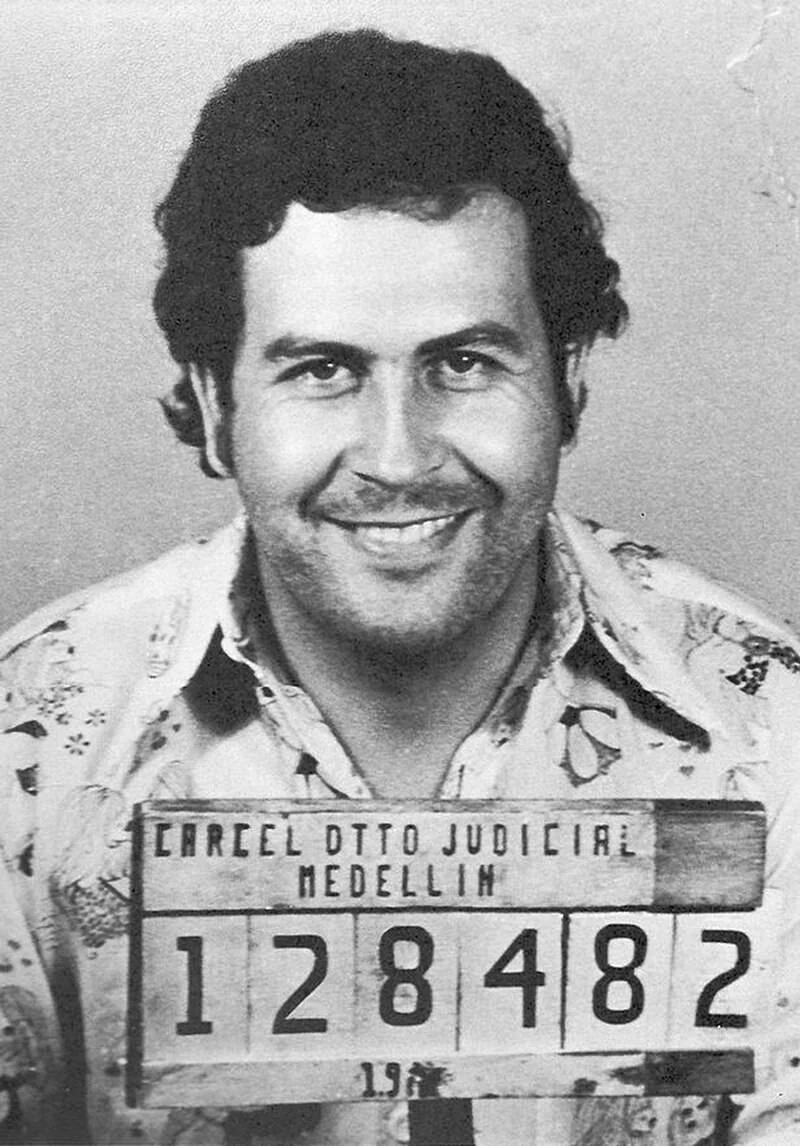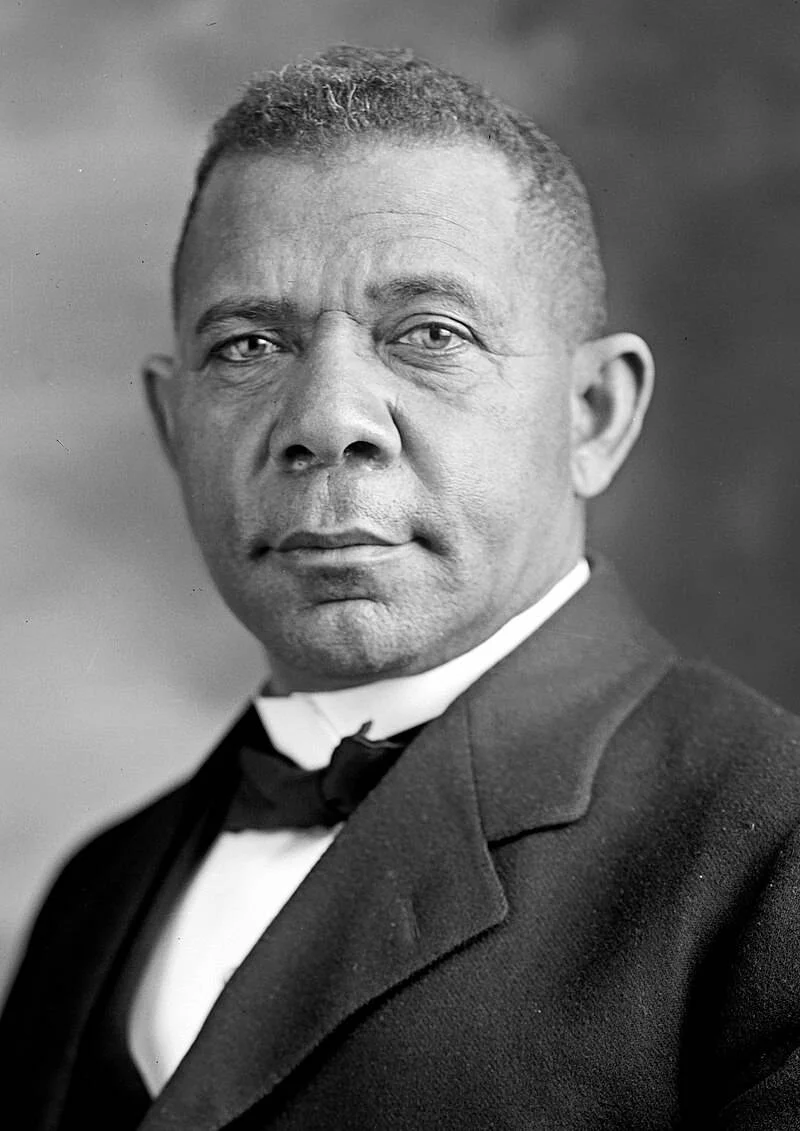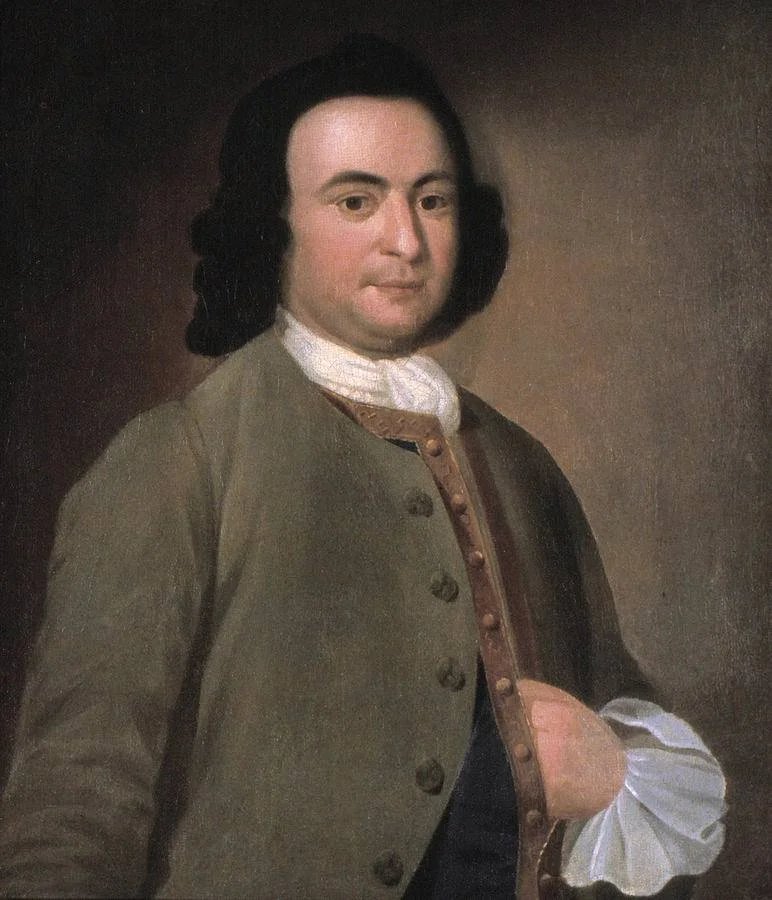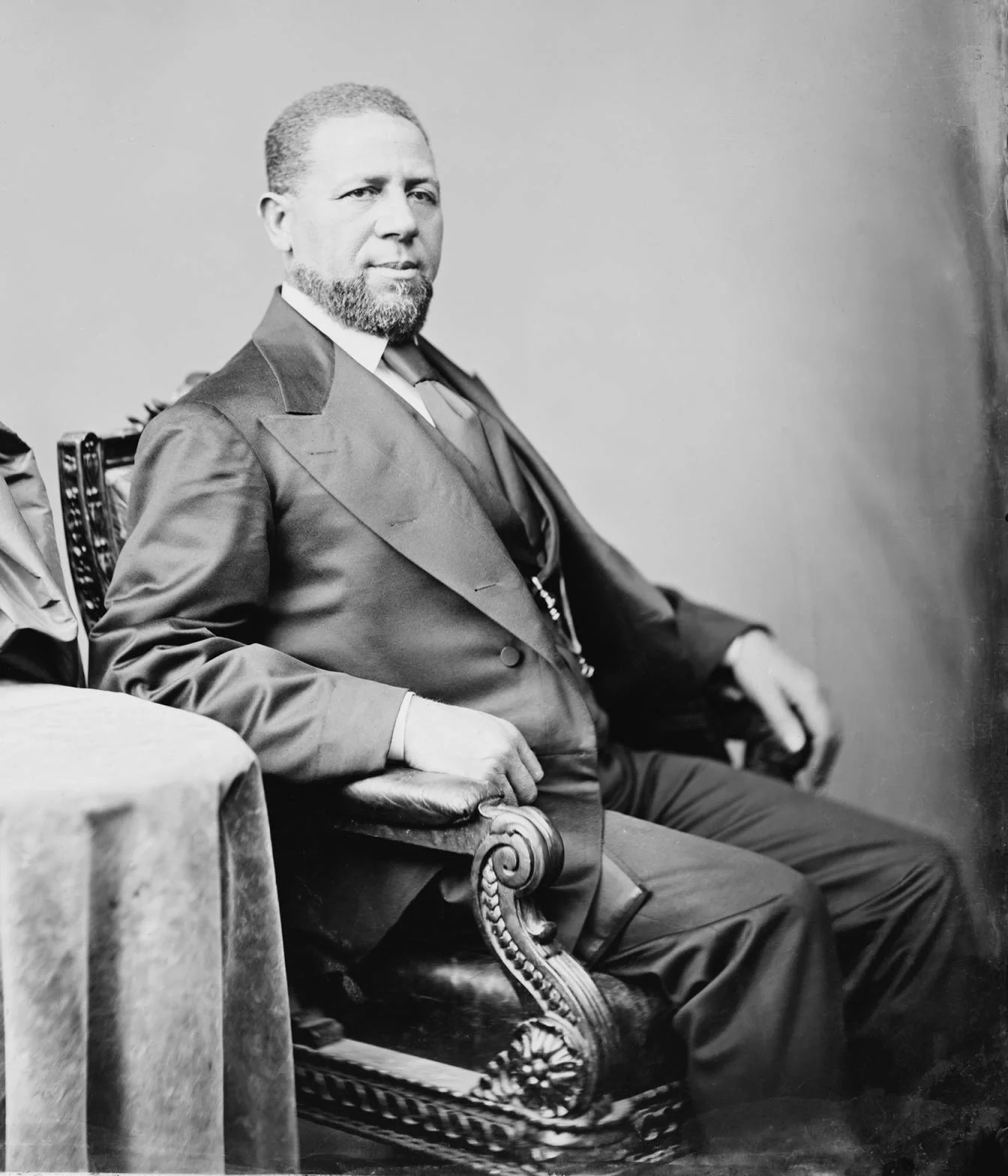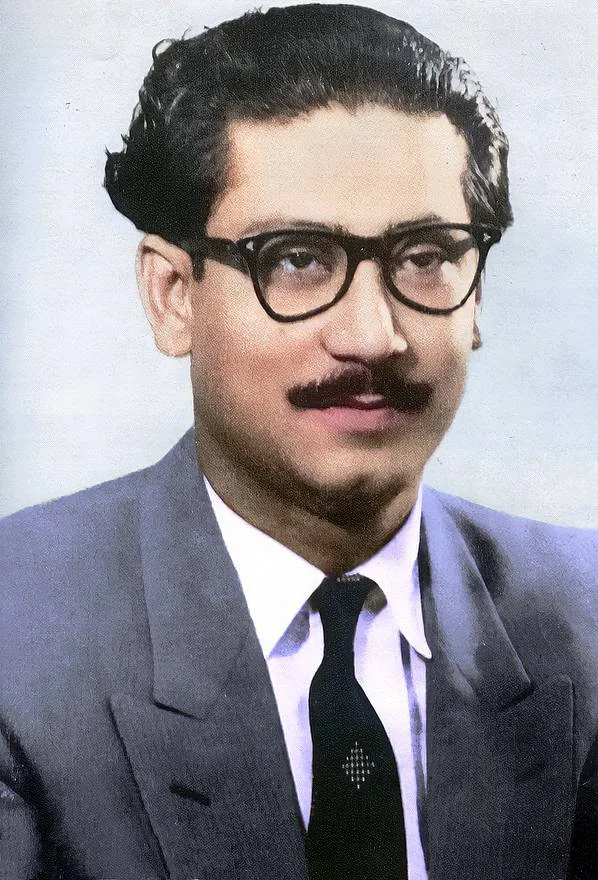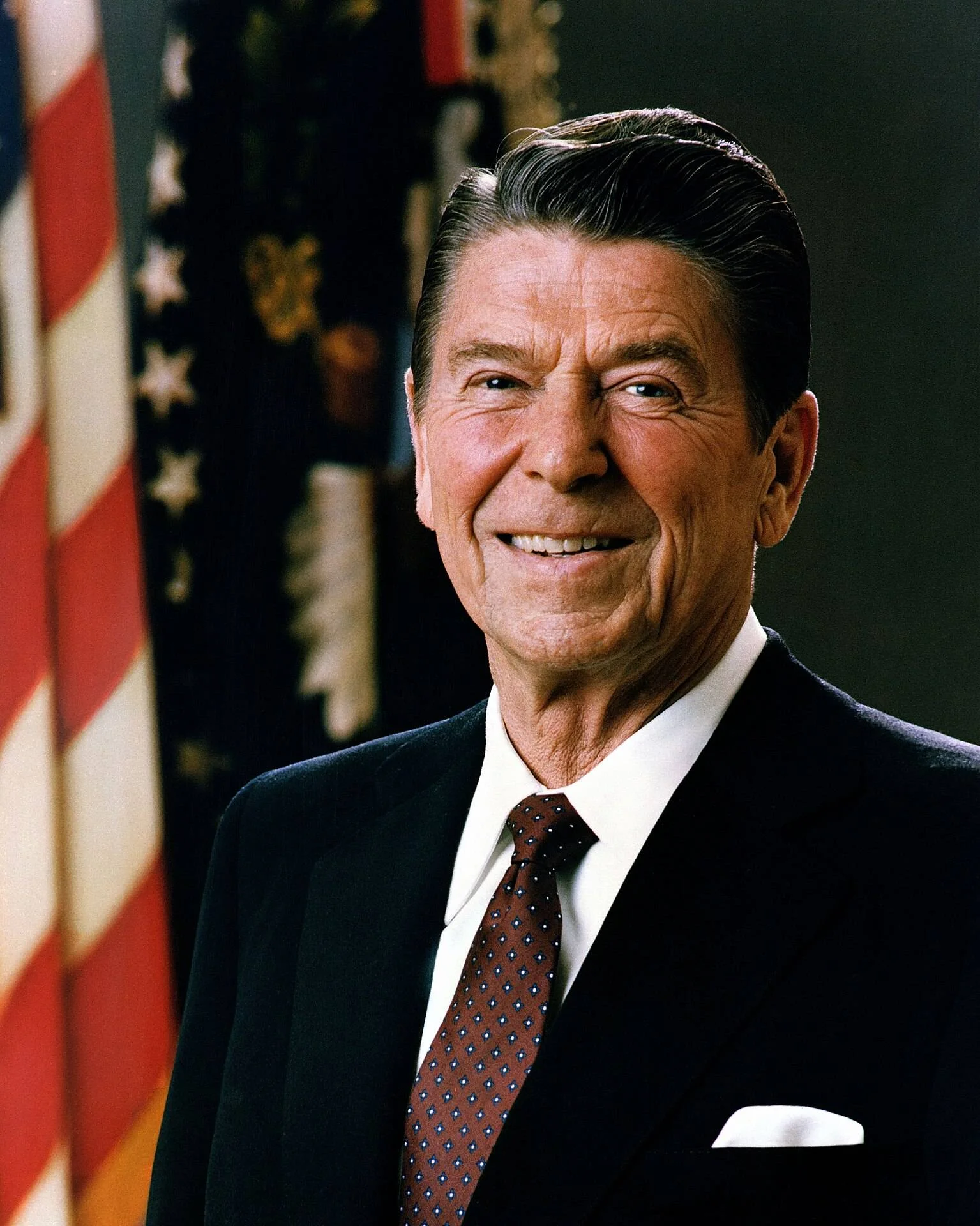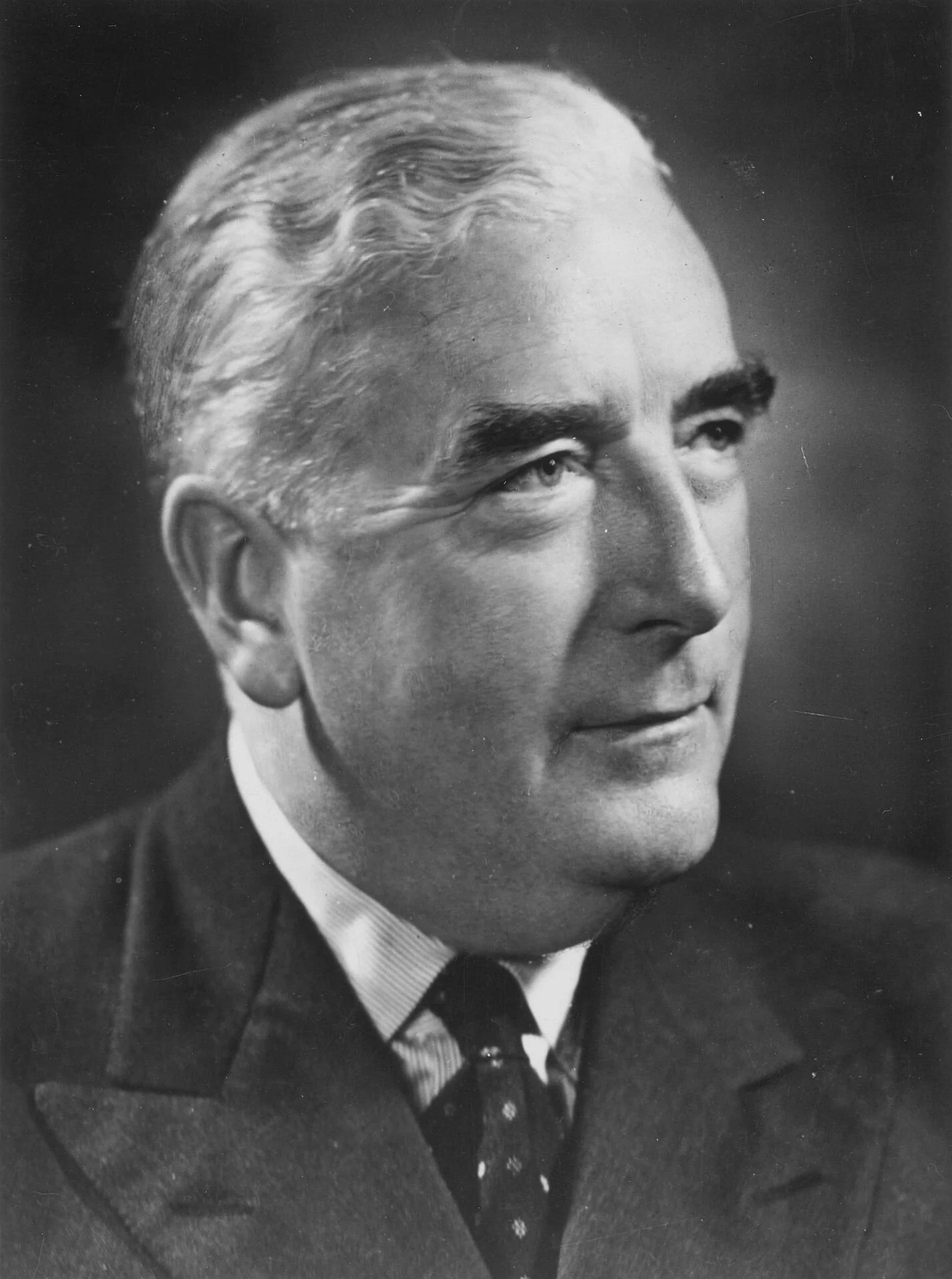Real Celebrities Never Die!
OR
Search For Past Celebrities Whose Birthday You Share
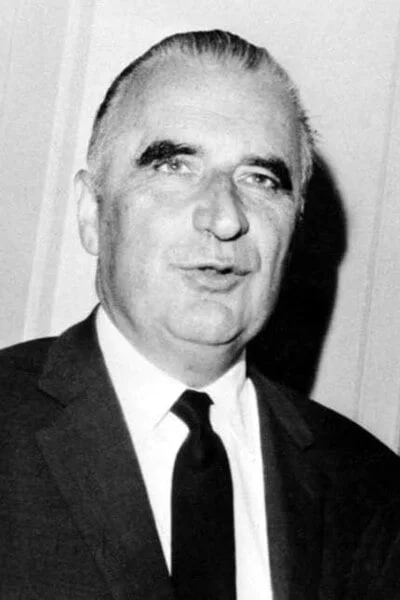
Georges Pompidou
Birthday:
05 Jul, 1911
Date of Death:
02 Apr, 1974
Cause of death:
Blood cancer
Nationality:
French
Famous As:
Politician
Age at the time of death:
62
Georges Pompidou's Quote's
Early Life and Education
Georges Jean Raymond Pompidou was born on July 5, 1911, in Montboudif, France. He grew up in a rural environment and excelled in his studies. In 1931, Pompidou entered the prestigious École Normale Supérieure, where he studied literature and philosophy. During this time, he developed a keen interest in contemporary art and culture.
Entry into Civil Service and French Resistance
In 1934, Pompidou graduated with a degree in literature and joined the French Civil Service. He began his career as a teacher, but his ambition and intellect quickly propelled him up the ranks. In 1944, Pompidou joined the French Resistance during World War II, working with the National Council of the Resistance.
Post-War Political Career
After the war, Pompidou continued to climb the political ladder. He became a member of the French Communist Party but left in 1950 due to ideological differences. He then aligned himself with the Gaullist movement led by General Charles de Gaulle.
Advisor to Prime Ministers and Rise in Politics
In 1954, Pompidou was appointed as a counselor to Prime Minister Pierre Mendès France. He gained a reputation as a competent and effective administrator, which caught the attention of de Gaulle. In 1958, when de Gaulle became the President of France, he appointed Pompidou as his chief of staff.
Key Role in Shaping French Policy
As chief of staff, Pompidou played a crucial role in shaping and implementing de Gaulle’s policies. He was instrumental in the negotiation of the Evian Accords, which led to the end of the Algerian War and the granting of independence to Algeria in 1962. Pompidou also played a key role in the establishment of the Fifth Republic, a new constitution that strengthened the presidency.
Minister of State and Economic Reforms
In 1962, Georges Pompidou was appointed as the Minister of State, responsible for economic affairs. He focused on modernizing and liberalizing the French economy, implementing various reforms and promoting technological advancements. His efforts helped stimulate economic growth and attract foreign investment.
Tenure as Prime Minister
Pompidou’s successes in economic policy and his close relationship with de Gaulle earned him widespread recognition. In 1967, he was elected as the Prime Minister of France. During his tenure, Pompidou continued his economic reforms and implemented measures to improve social welfare.
Presidency and Focus on Modernization
In 1969, de Gaulle resigned as President, and Pompidou ran as his successor. On June 20, 1969, he was elected as the President of France, defeating his opponent Alain Poher. As president, Pompidou focused on modernizing French society and promoting cultural development. He supported contemporary art and architecture, leading to the construction of the Centre Georges Pompidou in Paris, a renowned cultural institution.
Challenges During Presidency
During his presidency, Pompidou faced several challenges, including labor strikes and student protests. However, he maintained a pragmatic and conciliatory approach, which helped diffuse tensions and restore stability. He also continued to pursue economic reforms, seeking to reduce inflation and increase productivity.
Illness and Death
Tragically, Georges Pompidou’s presidency was cut short by illness. In 1973, he was diagnosed with Waldenström’s macroglobulinemia, a rare form of blood cancer. Despite his deteriorating health, Pompidou continued to fulfill his duties as president until his death on April 2, 1974.
Legacy
Georges Pompidou left behind a lasting legacy in French politics and culture. He was known for his intellect, pragmatism, and commitment to modernization. His economic policies helped pave the way for France’s economic growth in subsequent decades.
Name:
Georges Pompidou
Popular Name:
Georges Pompidou
Gender:
Male
Cause of Death:
Blood cancer
Spouse:
Place of Birth:
Montboudif, France
Place of Death:
Paris, France
Occupation / Profession:
Personality Type
Logistician: Practical and fact-minded individuals, whose reliability cannot be doubted. He was Known for his strategic thinking, long-term planning, and vision for modernizing France.
Georges Pompidou was an educator before entering politics, having taught literature.
The Centre Pompidou was named in his honor after his death.
The Pompidou Centre is famous for its public library which is fully stocked with almost 500,000 books as well as other media. It can easily accommodate 2,000 readers.
Chevalier de la Legion of Honour: (France) (1948);
Grand-croix de la Legion of Honour:
Grand-maître de l’ordre (France)
Officier de la Legion of Honour: (France) (1957);

